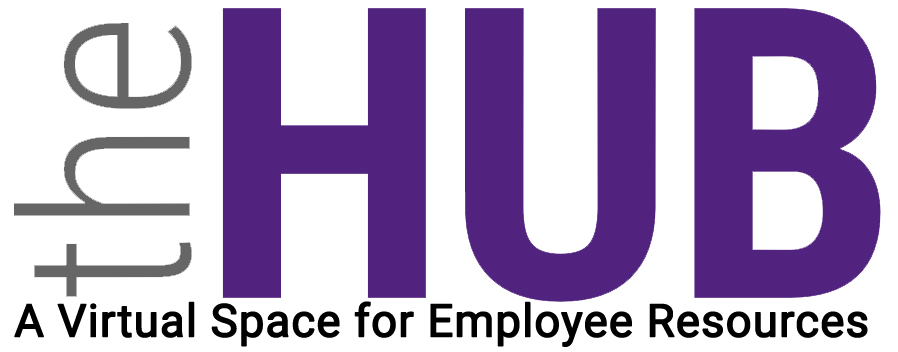Managers have considered and pursued professional development as they ascended their career ladders. Now that they are in positions of authority, they must also support their employees’ pursuit of professional development. They need to assist the employees with their career goals, support growth within the organization, and promote feelings of engagement with work. Managers typically are not trained on how to talk about or foster career development, but it is important that it is a priority.
Talk about development often, not only during the annual performance review. Have conversations frequently and regularly—perhaps at every one-on-one meeting. Schedule 10 minutes, preferably at the beginning of the meeting, so it does not get bumped due to a lack of time. It should trump the urgency of any short-term tasks.
Since each employee has a different path toward growth, it is important to make each conversation individualized. You may want to send questions before the meeting so the employee can come prepared for you to understand that person’s specific goals.
Here are some questions you may consider using:
- If you were offered the finances and time to take work-related training on any topic, what type of class would you choose? Why?
- When you think about your typical work week:
- Which activities do you look forward to doing the most? Why?
- Which activities energize you the most while you’re doing them? Why?
- Which activities do you find challenging at the moment but highly fulfilling after they are done? Why?
- When you think about your skills, which do you enjoy using? Which would you rather not use frequently in the future?
- What outcomes from your work feel most fulfilling to you?
If your direct report has difficulty answering or provides trite responses, lean into your curiosity. You can gather more information and help your direct report dig deeper by following up with questions like:
- Can you tell me more? Is there anything else?
- It seems you are interested in […] Is that accurate?
- I’m wondering what you mean by…?
- So, for you, what would it look like to…?
Remember to keep the conversation focused on the individualized support of each employee. Once you understand the goals, design small experiments allowing the employee to try or learn new things. Ideas include:
- Explore any classes, training, or workshops that support the employee’s goals.
- Include the employee in a meeting where budget, IT upgrades, or strategy is the focus.
- Consider which employee would be excited to be involved in new initiatives and delegate tasks accordingly.
- Consider task-swapping for a defined time when an employee assumes a task they enjoy.
- Arrange a shadow experience where one employee observes and assists another in performing work the observer wants to learn and do.
The goal is not to commit a direct report to a massive shift, such as a new role in a new team, but to give brief opportunities to try career development ideas out in practice. Employees will feel more engaged, have the opportunity to gain hands-on experience, and feel supported. When your direct reports gain the skills and expertise they need to advance, you will have done your job: setting them up for success in a role they find meaningful and engaging.
References
Clark, C., Moss, P. A., Goering, S., Herter, R. J., Lamar, B., Leonard, D., Robbins, S., Russell, M., Templin, M., & Wascha, K. (1996). Collaboration as dialogue: Teachers and researchers engaged in conversation and professional development. American Educational Research Journal, 33 (1), 193-231. https://doi.org/10.3102/00028312033001193
Fraser-Thill, R., & Gopal, S. (2023, March 27). How to Talk to Your Team About Their Career Development. Harvard Business Review.
OpenAI. (2021). ChatGPT [Computer Software]. Retrieved from https://openai.com
